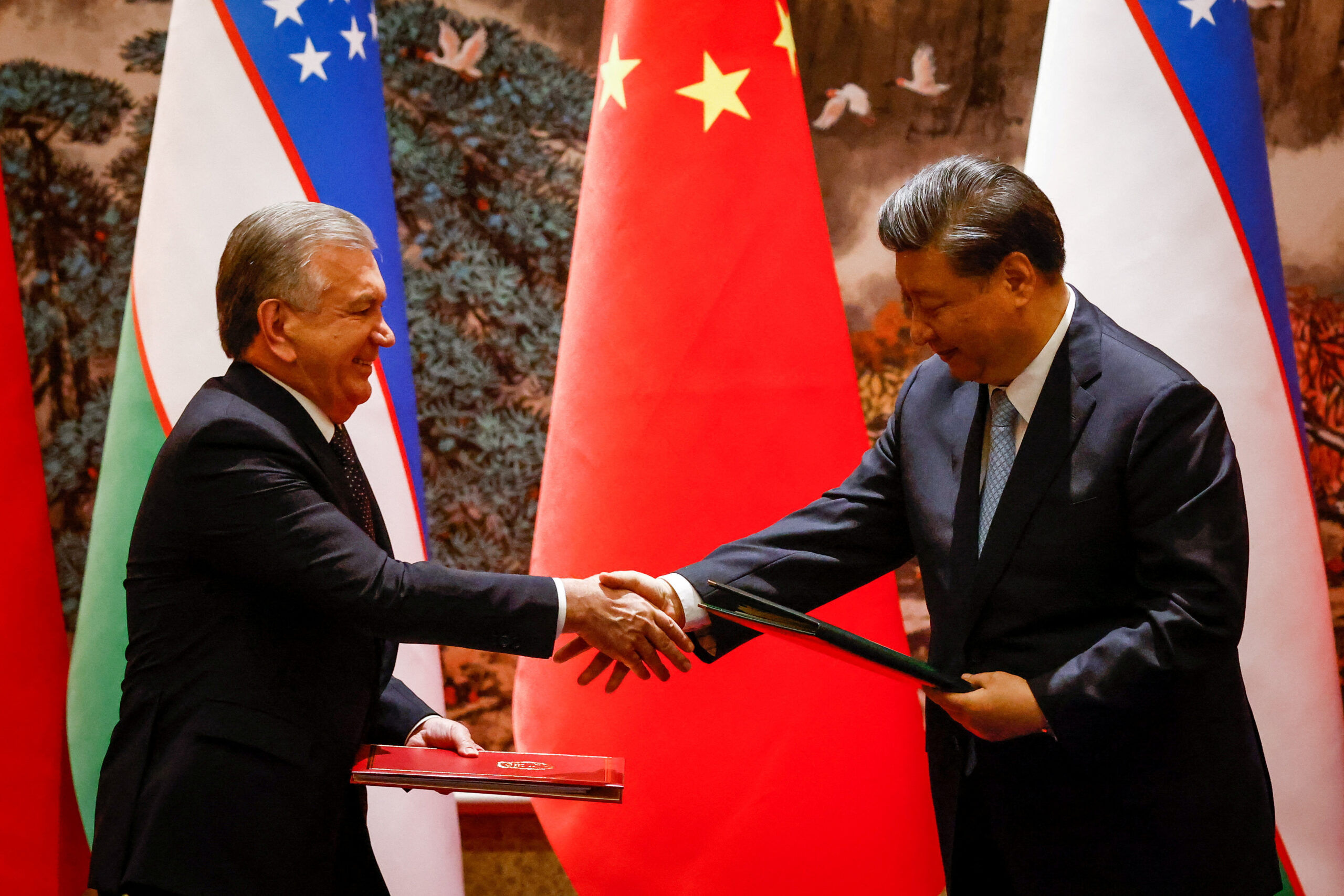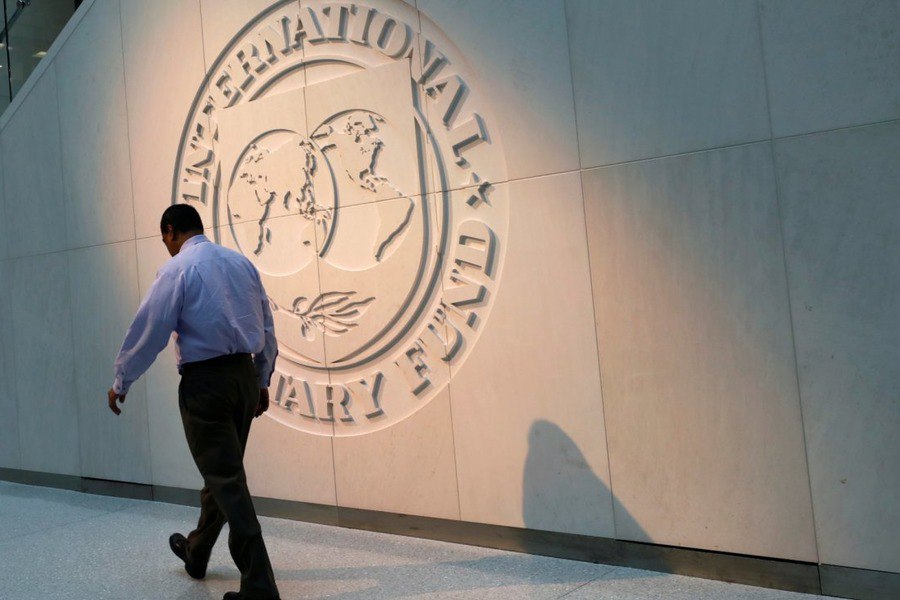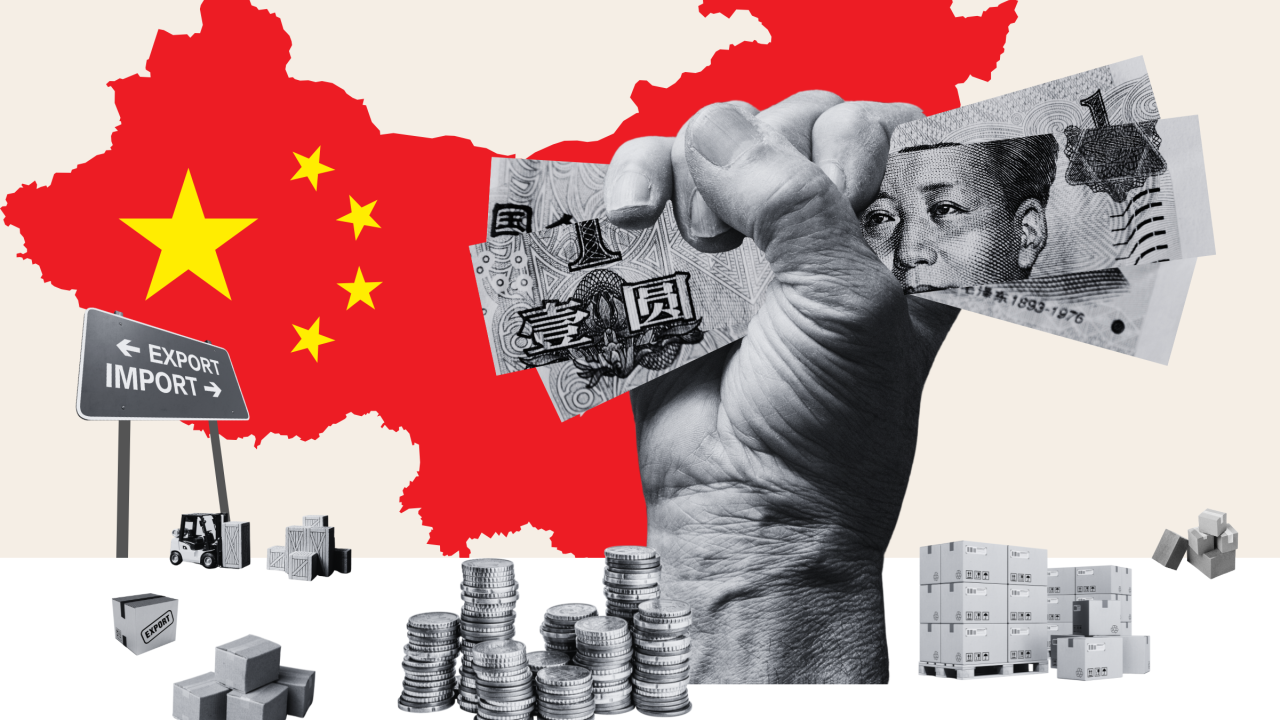Uzbekistan’s Deepening Ties with China: A Strategic Shift with Far-Reaching Implications

Uzbekistan’s recent strategic pivot towards China has sparked intense public debate, highlighting the complex interplay of economic, political, and social factors that are reshaping the country’s geopolitical landscape. As China continues to expand its influence in Central Asia, Uzbekistan’s deepening ties with its eastern neighbor are prompting questions about sovereignty, economic dependency, and the potential long-term impacts on the nation’s development trajectory.
Economic Opportunities and Challenges
The economic dimension of Uzbekistan’s engagement with China is perhaps the most significant driver of this strategic shift. China has emerged as a crucial investor and trading partner, providing substantial financial support for infrastructure projects, industrial development, and technological advancements. The Belt and Road Initiative (BRI) has been a cornerstone of this cooperation, offering Uzbekistan access to Chinese capital and expertise to modernize its economy.
However, this economic partnership is not without its challenges. Critics argue that the influx of Chinese investment comes with strings attached, potentially leading to increased economic dependency. There are concerns about the sustainability of debt-financed projects and the potential for economic exploitation, as seen in other BRI participant countries.
Political and Strategic Considerations
From a political standpoint, Uzbekistan’s alignment with China is part of a broader strategy to diversify its international relationships and reduce reliance on traditional Western partners. This shift is seen as a means to enhance Uzbekistan’s strategic autonomy and leverage its geopolitical position in Central Asia.
However, this strategic realignment has raised questions about the potential erosion of Uzbekistan’s political sovereignty. China’s influence extends beyond economics, encompassing political and security cooperation. The extent to which Uzbekistan can maintain its independence while deepening ties with China remains a subject of debate.
Social and Cultural Impacts
The deepening ties with China are also having social and cultural repercussions in Uzbekistan. The influx of Chinese workers and the establishment of Chinese-run businesses have led to a visible Chinese presence in urban areas, sparking discussions about cultural identity and national values.
Moreover, there are concerns about the potential for social tensions, as local communities grapple with the rapid pace of change and the perceived dominance of Chinese interests in certain sectors.
Public Debate and Future Prospects
The public debate in Uzbekistan reflects a spectrum of opinions, from those who view the deepening ties with China as a necessary step towards modernization and economic growth, to those who express caution about the potential risks and long-term implications.
As Uzbekistan continues to navigate its relationship with China, the key will be to strike a balance between leveraging the opportunities offered by this partnership and safeguarding the country’s economic, political, and cultural interests. The outcome of this strategic shift will have far-reaching implications for Uzbekistan’s future and its role in the evolving geopolitical dynamics of Central Asia.
In conclusion, Uzbekistan’s deepening ties with China represent a significant geopolitical development with complex and multifaceted impacts. As the nation continues to engage with its eastern neighbor, the public debate will likely intensify, shaping the future trajectory of Uzbekistan’s development and its place in the global order.


















